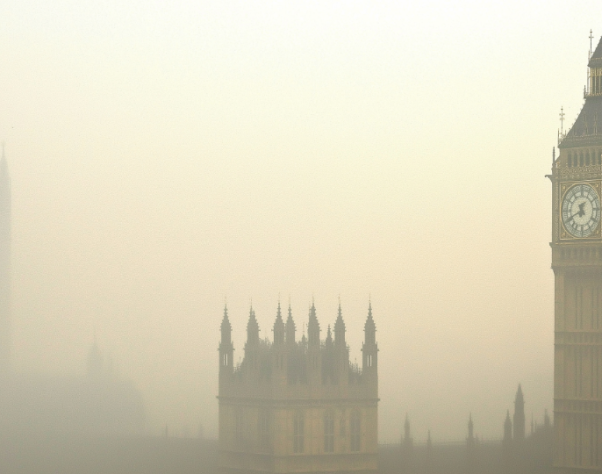Decoding the 2023 local elections results and navigating the implications for a future General Election
By Kelly Edwards, Managing Partner and former Labour Party General Election Candidate
The local election results have played out largely as expected given the national polling picture: a very poor night for the Conservatives. The main beneficiary this time is clearly the Labour Party. But what does this really tell us about Labour and how it will navigate the General Election? And what is the impact on businesses who need to engage with local authorities?
A repeat of 1997?
The results are indicative of a Labour General Election majority and businesses must prepare for this change and consider the impact of emerging Labour policy on them.
However, make no mistake, this is not 1997 2.0. Yes, there have been some solid Labour gains in key areas for the party such as Stoke-on-Trent and Plymouth. The Conservatives lost overall control of Hertsmere, for the first time in 20 years, something that I did not think was possible in 2005 when I was a General Election candidate there. Labour won Medway, which it last controlled under Tony Blair and gained seats in Thurrock and Redditch, again places where it previously fared well under Blair. Victories such as these were needed for Labour to claim, at least publicly, it is a government-in-waiting.
Heavy Conservative losses
The Conservatives were expecting heavy losses and publicly spoke ahead of the elections of potentially losing in the region of 1,000 seats (although Sky’s Beth Rigby suggested the actual crisis point inside Tory HQ was 700). I expect the 1,000 figure was provided to help manage expectations and aid communications during the aftermath, i.e. the results are not as bad as we thought, we’ve done ok!
There have also been gains for the Lib Dems and Greens. Losing control of the Royal Borough of Windsor and Maidenhead in spectacular fashion to the Lib Dems just before the Coronation will probably hit home the hardest for the Conservatives. Stoke-on-Trent and Plymouth would have been expected.
Implications for business
So what key issues were most at play and what will this mean for businesses operating in local authorities and the national picture? The issue of housebuilding has once again been a theme. The Conservatives have lost seats across the country to parties who have campaigned on anti-development platforms, including local independent parties and the Liberal Democrats. The results have highlighted once more how the Conservative Party is split on this issue.
Expect the debate on development and housing to become more fractious in the Conservative Party over the coming months. Already this morning some Conservative MPs anxious at rapidly declining rates of homeownership and rising rents, including Charles Walker and Simon Clarke, have said the party needs to be more pro-development. However, others in the conservation wing of the party will highlight those instances where candidates who campaigned on anti-development platforms won. Developers will face an even harder task in navigating a more complex and highly politicised planning process, after many candidates ran anti-development campaigns and were elected.
Whilst some may say frustration on hyper-local issues like potholes and council services impacted voters, my take is that overall, these election results are indicative of voter frustrations and concerns at the national level such as the cost of living, housing, and energy, all of which have come to the fore in the campaign and been raised quite cleverly by Labour.
What’s next?
Going forward, expect to see more voices from within the Conservative Party publicly criticise Rishi Sunak and question his leadership, though mainly from those in the party who did not endorse him. Rishi’s defenders will downplay the narrative that Labour did very well, pointing to Conservative gains in Harlow, Peterborough and Bassetlaw.
Overall, these local elections have been a sobering moment for Westminster watchers. National newspapers and broadcasters have been predicting a Labour slam dunk for months, but the results show a more complex picture.
The Conservatives have had a poor night, with a few glimmers of hope. Publicly, Labour will be declaring it is a government-in-waiting, though internal party strategists may well be privately saying they haven’t delivered a knockout blow.
Local elections are a time for voters to give governing parties a bloody nose. This, combined with certain “bellweather” areas not turning red, means Labour cannot be complacent over the size of a future majority.
One thing that is extremely likely, however, is political change, and businesses should be preparing for this now and engaging in Labour Party policy development.
For more information on the local elections, our local Government engagement and Navigating Labour offer please contact Kelly Edwards, Managing Partner at Kelly.edwards@instinctif.com




